Ethiopia
On Wednesday, the Fitch rating agency announced that it was downgrading the rating of Ethiopia's international currency debt rating from "C", i.e. the speculative category, to "partial default", following the non-payment on December 11 of a coupon of 33 million dollars.
The agency also placed debt issued in Eurobonds, worth $1 billion, in “default” for the same reason.
On the other hand, the rating of the debt issued in birr, the local currency, currently at CCC-, the last level before partial default, remains unchanged, Fitch said in its press release.
The Ethiopian government is currently negotiating with its creditors to achieve a restructuring of its debt issued in Eurobonds. It has already reached a debt suspension agreement with several of its creditors, including China, for $1.5 billion.
After the December 11 deadline, the Ethiopian Ministry of Finance explained its decision to "defer" this reimbursement by seeking "consistency".
“As Ethiopia recently entered into debt service suspension agreements with its official creditors, the Ministry of Finance is now seeking to ensure consistency and fairness by asking other external creditors, including bondholders, to participate in similar debt agreements,” he wrote in a press release published on December 15.
"Ethiopia's decision to defer the December coupon payment of its Eurobond, despite the affordable amount involved, stems from the intention to treat all its external creditors fairly," he said.
The government is currently negotiating an aid plan with the International Monetary Fund (IMF) but must first reach an agreement on debt restructuring with most of its creditors.
Ethiopia, a country of about 120 million people, has said it needs about $20 billion to rebuild the country's north after conflict that has cost at least 500,000 lives.
The landlocked East African country, which has an external debt of around $28 billion, faces high inflation and foreign currency shortages.
This is the third default by an African country since the COVID-19 pandemic and its consequences on the global economy, in particular, due to the increase in key rates of the main central banks to combat a sharp increase in inflation in recent years.
Upon coming to power in 2018, Prime Minister Abiy Ahmed announced an ambitious program aimed at opening the economy.
But the country's economy has since been hit hard by the consequences of the war in Tigray, the Covid crisis, and the war in Ukraine.



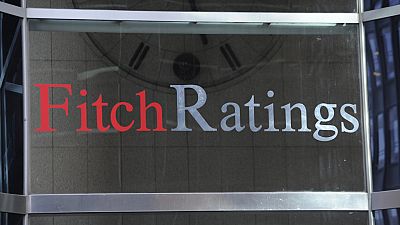

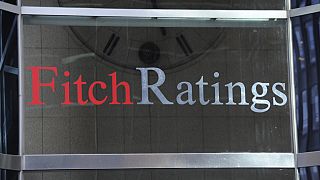
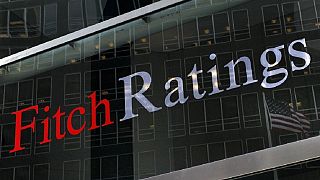
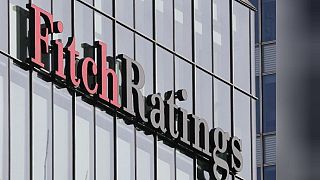

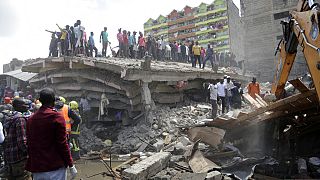

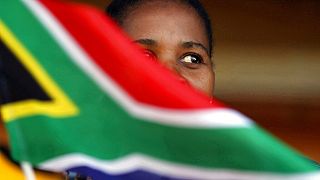


11:08
Can Africa’s soil sustain food security? [Business Africa]
01:13
Nigeria seeking $2.25 billion in World Bank loans
01:12
China writes off unspecified amount of Zimbabwe interest-free loan
00:50
Ghana still striving to reach debt deal with bondholders
02:24
Zimbabweans forced to use US dollar in absence of new currency ZiG
01:14
Poll shows Egypt's March inflation figures expected to edge upwards